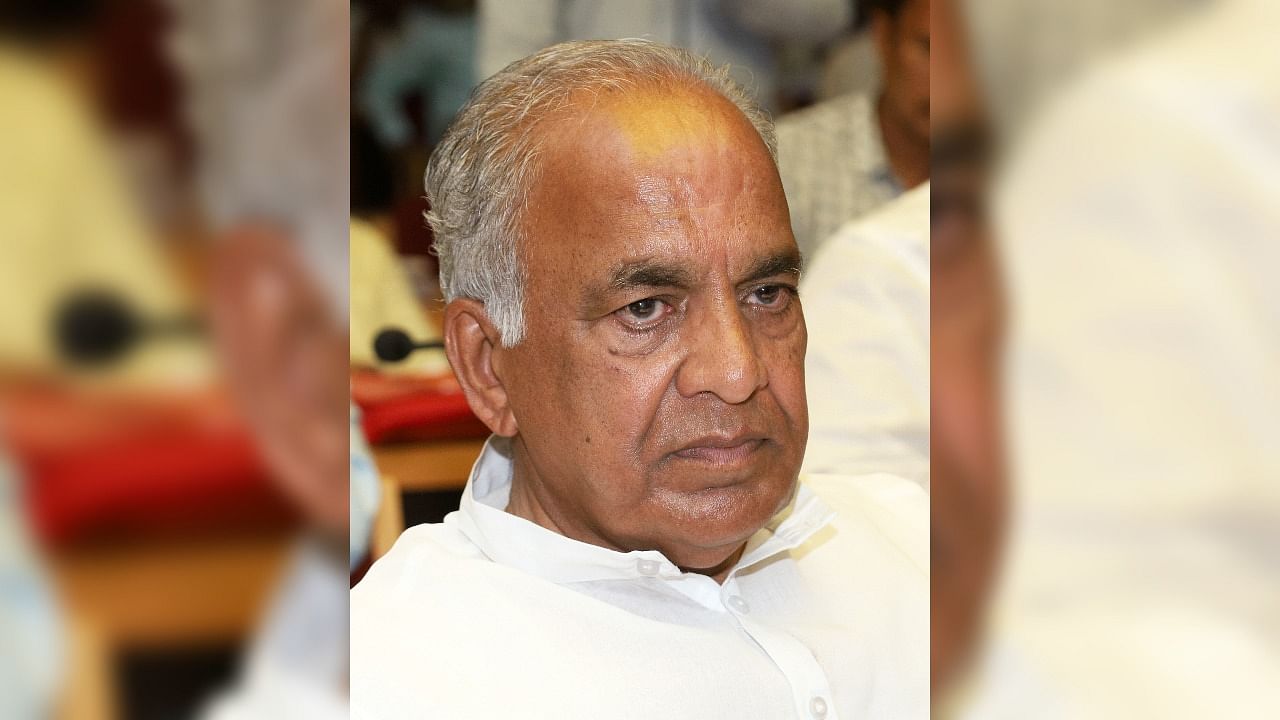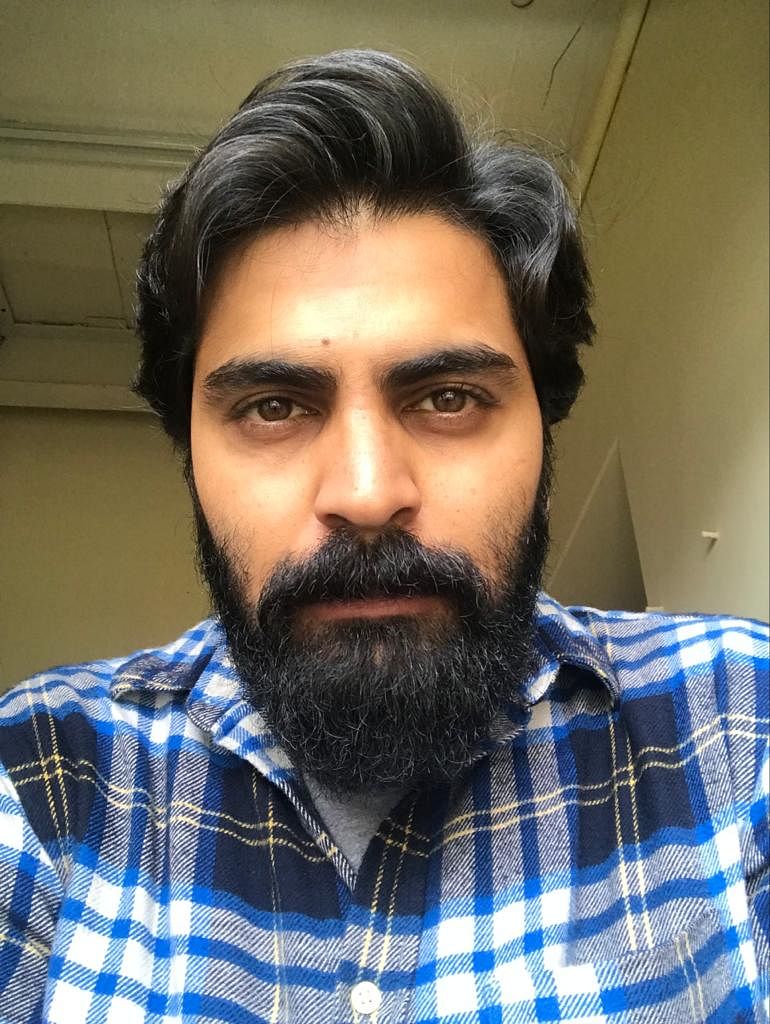
Karnaraka Science & Technology Minister N S Boseraju.
Credit: DH Photo
Senior Congress leader N S Boseraju is determined to change popular perception about the Department of Science & Technology (S&T), which is dwarfed by the more flamboyant Department of IT/BT. “I don’t want this department to merely be a fund-granting body. We should be more than that,” Boseraju says. He shares his plans with Bharath Joshi on what he wants to do as the S&T minister. Excerpts:
What in your view are the challenges facing S&T in Karnataka?
Investing in S&T is the need of the hour to build a robust knowledge-based economy that’s global in scope. We must take proactive steps to develop the necessary intellectual and physical infrastructure in order to advance science. As of now, we have a segmented governance structure and disconnect between actors. Knowledge on systematically developing, commercialising and diffusing S&T innovations needs strengthening. There’s no systematic research framework that binds social science research to R&D. There’s innovation divide with regions away from major cities significantly lagging, widening regional disparity in economic growth. For proper policy formulation, estimating the size of S&T activities is important. There’s a lack of rigorous estimation of such activities.
Last year, the government came up with the Karnataka Research, Development & Innovation Policy. Has it helped?
Research is the key driver of innovation and discoveries that transform our economy, build new industries, increase productivity and competitiveness. The Policy is a blueprint to achieve this. This is serving as guiding material for us. The Policy helps us strengthen capabilities and promote structures that nurtures startups. This year, we’ve announced the Karnataka State Research Foundation (KSRF) to provide the institutional support required to achieve the objective of this Policy. KSRF will take a systemic view of the research & innovation ecosystem.
What is the latest update on the KSRF?
It has been announced in the 2023-24 July budget to constitute the KSRF. It’s a first-of-its-kind effort to make Karnataka the hub of R&D activity and lay the foundation for innovation-led growth. While there are several ambitious recommendations in the policy document, their success depends heavily on the collective ability of the state to drive the implementation of the policy. The state will need a relatively autonomous entity that will be fully empowered administratively and financially to set the agenda for R&D and innovation.
What’s your view on the current S&T teaching in schools?
Reforms are necessary to transform. Presently, the focus is more on theory-based learning because of which children aren’t understanding science in a systematic way.
What reforms have been planned to improve S&T learning?
After assuming office, I’ve clearly told (officials) to focus more on hands-on experience, activity-based learning and provide science kits to schools in rural areas. As S&T minister, it’s my responsibility to ensure that our rural and Kannada-medium students understand fundamental science in a systematic manner. We intend to make sure that every school/public library is provided with a low-power telescope and local resource persons will be trained to use it. For Class 8-10 students, especially in Kannada-medium, we’ll have bilingual science and maths textbooks so that they don’t struggle after Class 10. There will be digitalisation of publications and online digital science content for easy understanding of 100 basic science concepts being taught in Class 8-10. Mobile planetariums will be expanded to all districts. Students from Class 10 to PhD will get scholarships for economic support. There’ll be a compulsory training programme for high school teachers in new technologies.
